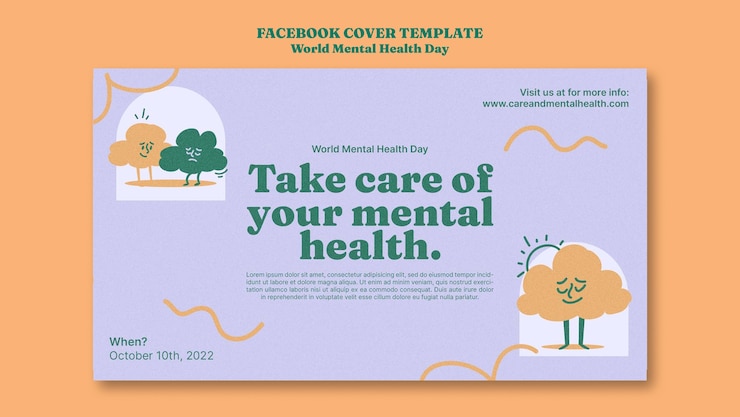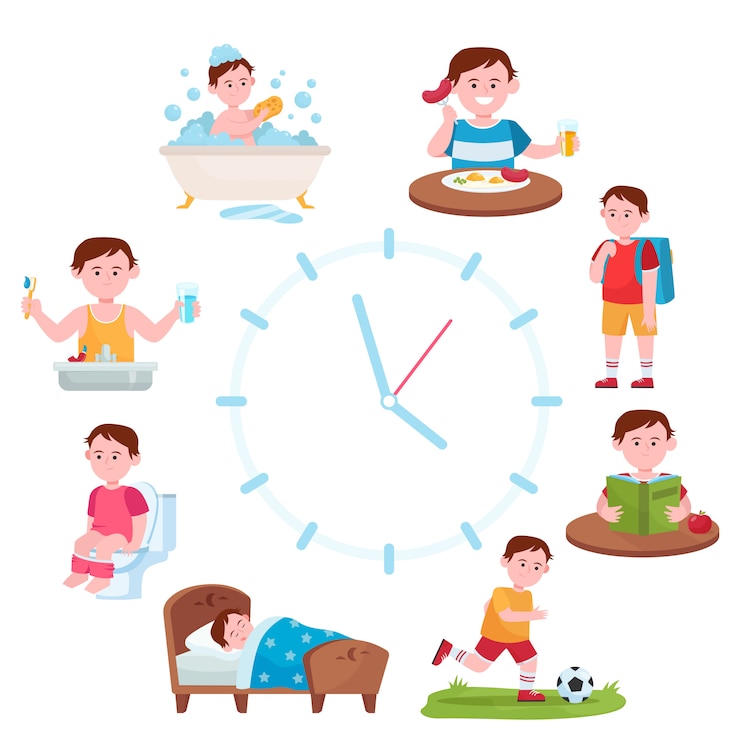
Adults aren’t the only ones who occasionally need a break for mental health. Kids can also feel overwhelmed by academic pressures, social situations, and their busy schedules. It’s important for them to have time to recharge. In this article, we’ll explore 10 activities recommended by a mental health professional that can help your child restore their emotional balance.
### Table of Contents
*“If I let my child take a mental health day, what should we do?”*
Many parents struggle with the idea of giving their child a day off from school or regular activities to focus on mental health, and they’re unsure about how to spend that time. Fortunately, the solution is simple and doesn’t require any special preparations or expenses.
While your child might prefer to escape into screen time, engaging in some of these mental health activities can yield a more meaningful break and offer a better emotional reset. At the start of the day, have a conversation about your expectations and let your child choose some of the activities from this list. This approach will help them feel involved and foster a sense of calm and confidence.
Here are some of the most effective activities to boost your child’s well-being, backed by extensive research.
**Related Reading: [100 Ways to Boost Mental Health](#)**
The best way to support your child during a mental health day is to connect with them emotionally. What does this mean? It means giving them your full attention, listening to understand their thoughts and feelings, and responding with warmth. When parents engage in this way, kids develop secure, trusting relationships, which promote confidence and emotional health. Research also indicates that such responsive parenting shields children from toxic stress.
**Pro Tip:** Connection often happens more through play with younger children, so be mindful of when and how they typically open up.
### Physical Activity
Exercise provides numerous mental health benefits. It helps release emotions, generates feel-good endorphins, and reduces cortisol— a stress hormone. Aerobic exercise can be as effective as medication and therapy for depression and anxiety and is a natural outlet for children.
According to the American Psychological Association, young people who exercise regularly experience lower levels of depression and stress and have better self-esteem and life satisfaction.
**Pro Tip:** Offer your child the choice of an activity to get moving, or suggest one if they’re feeling overwhelmed.
### Quiet Time
Life can sometimes feel like a non-stop treadmill. Giving your child quiet time allows space for reflection and mental growth.
“Silence provides opportunities for self-reflection,” explains the Cleveland Clinic. It reduces internal noise and enhances mindfulness.
**Pro Tip:** Simply leave some unscheduled time for your child to explore at their own pace. It’s easy to do!
### Play
Play is essential for kids’ emotional and social learning. It also helps them relieve stress and express unprocessed feelings. Megan Gunner, Ph.D., from the University of Minnesota, explains that play gives children a sense of control and predictability, which can reduce stress.
**Pro Tip:** Don’t hesitate to get playful with your child. This allows them to direct play in a way that feels safe and comforting.
**Related Reading: [75 Calm Down Strategies for Kids](#)**
### Journaling
Encourage your child to journal as a way to externalize their emotions. Journaling offers a private space for self-exploration and creativity, helping kids process feelings and find solutions to problems.
Clinical Social Worker Yanique Chambers says journaling provides a judgment-free zone for kids to explore their thoughts and set goals.
**Pro Tip:** Use engaging emotion flashcards to inspire your child to write about their feelings.
### Art
Creating art is another fantastic way for children to express and regulate emotions. Art allows kids to communicate feelings through movement, color, and imagination, sometimes more effectively than words.
**Pro Tip:** Set up an inviting art area with a variety of materials for them to choose from.
### Music
Music is a powerful tool for relaxation and self-regulation. As early childhood educator Nancy Kopman explains, music can help kids learn how to manage stress and focus.
**Pro Tip:** Explore relaxation playlists on Spotify or check out Nancy’s music specifically designed for kids.
### Healthy Eating
Nutrition plays a key role in mood regulation. Incorporating whole foods and reducing processed foods can improve your child’s mood and long-term eating habits.
Jessica Donovan, founder of Natural Superkids, emphasizes that what we eat significantly affects our mood and mental health.
**Pro Tip:** Cook a healthy meal together to enjoy a mood-boosting experience and time spent together.
**Related Reading: [75 Ways to Show Love to Your Child](#)**
### Mindfulness
Mindfulness activities, including meditation, are perfect for a mental health day. Mindfulness helps shift the brain from a stress response to a calm and focused state.
Studies have shown that mindfulness benefits in kids include improved focus and reduced stress.
**Pro Tip:** Try mindfulness tools that encourage relaxation and concentration.
### Goal Setting
A mental health day offers an ideal time to step back and assess what’s working and what isn’t. Goal-setting teaches responsibility, fosters a positive attitude, and builds lifelong skills.
The **Big Life Journal** explains that goal-setting helps children take charge of their own actions and learning.
**Pro Tip:** Use goal-setting resources designed for kids to make this process easy and fun.
### Nature
Spending time in nature has well-documented benefits, such as reducing stress hormones. Heading outdoors for a portion of the day can significantly enhance your child’s well-being.
**Pro Tip:** Bring an indoor activity outside, like having lunch or playing a board game in nature.
While childhood may seem like a carefree time, kids encounter stress from academics, sports, and social interactions. Allowing your child a mental health day with these activities will support relaxation, reflection, and renewal.
**Read More in This Series:**
– *Kids Need Mental Health Days: 9 Misconceptions That Need to Change*
– *7 Surefire Signs Your Child Needs a Mental Health Day*
**Other Articles You Might Enjoy:**
– *75 Awesome Calm Down Strategies for Kids*
– *The Best Mindset for Parenting a Spirited Child*
– *10 Insights from a Family Therapist for Remarkable Parents*
– *Easy Ways to Bond With Your Child When You’re Short on Time*
– *10 Ways to Improve Your Child’s Mood and Behavior*
This post was originally published on July 12, 2021, and has been updated.



